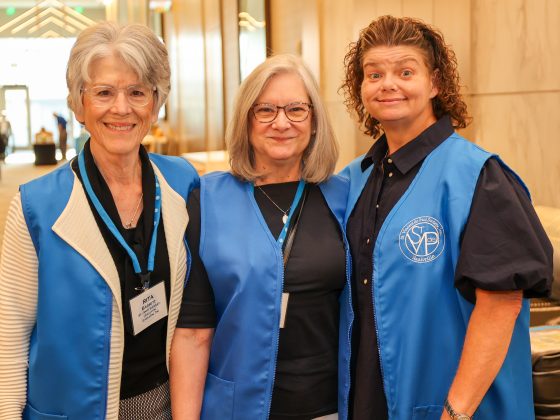“My kingdom does not belong to this world,” Christ said to Pilate, when asked if He was “King of the Jews”. Indeed, He went on to explain, if it were, there would be armies of angels fighting to free Him from His earthly captivity. In this, Christ modeled for us what St. Vincent de Paul often called “holy indifference” – a detachment from worldly suffering and reward in order that we might better discern God’s will.
Before His passion, Christ had already explained that we must “seek first the kingdom,” that same kingdom which is not of this world. We must, like the birds who neither reap nor sow, like the grass that neither works nor spins, let each day’s troubles be enough for the day. In short, He calls us to trust in providence.
Where does this leave our neighbors in need? Does trust in providence mean that they are on their own, or that we need not “give them the necessities of the body”? On the contrary, Bl. Frédéric once cautioned that we must not let our detachment turn into discouragement from our duties! This, he said, was ”the whole secret and the whole difficulty of the Christian life.” [Baunard, 423]
While we constantly seek to discern God’s will in different circumstances, we already know that “the same authority which tells us that we shall always have the poor amongst us is the same that commands us to do all we can to ensure that there may cease to be any.” [O’Meara, 230] For the poor, it is we who are called to be God’s instruments, providing for their needs as best we can, and by this work, reminding them of God’s love and their hope.
Detachment, indifference, or unrestricted readiness is not an excuse to neglect our works of charity but instead is the necessary condition to pursue them tirelessly and selflessly; to love our neighbor as ourselves for the love of God. As we remind ourselves on each home visit, it is Christ we serve in the person of the neighbor; the same Christ who sent us, the same Christ who awaits us.
“We must think,” Bl. Frédéric said, “as if we were to quit the earth tomorrow, and we must work as if we were never to leave it.” [Baunard, 423]
Contemplate
How can I better offer up my own rewards and my own suffering to God?



